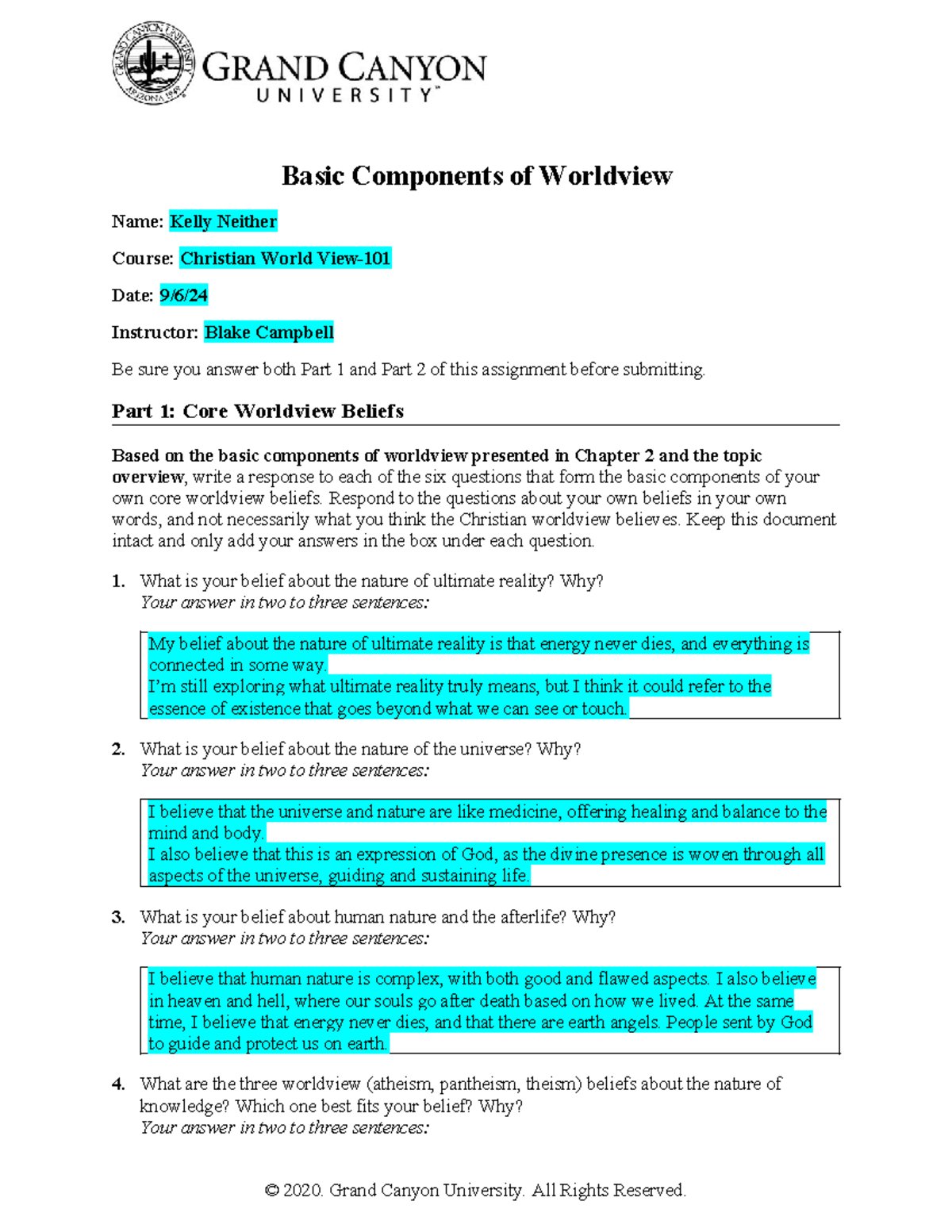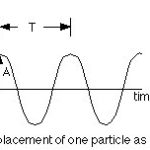Ultimate reality, the essence of existence, has long intrigued minds seeking profound truths. What is your belief about the nature of ultimate reality? Is it a divine force guiding destinies, a cosmic energy connecting all life, or something beyond human comprehension? Our perceptions shape our understanding, reflecting the diversity of perspectives that enrich our world. As we explore this enigmatic concept, let us delve deep into the core of our beliefs and grasp the mysteries that surround what is your belief about the nature of ultimate reality.
Exploring the Nature of Ultimate Reality: What Do You Believe?
The Quest for Understanding
Have you ever pondered the mysteries of the universe? Wondered about the nature of reality beyond what we can see and touch? Humans have been asking these questions for centuries, seeking to unravel the secrets of existence. One of the most profound and age-old questions is: What is the nature of ultimate reality?
Defining Ultimate Reality
Before we dive into different beliefs about ultimate reality, let’s clarify what we mean by this concept. Ultimate reality refers to the fundamental nature of existence, the absolute truth that underlies all things. It is the reality beyond our physical world, beyond what our senses can perceive. Think of it as the essence of everything, the source from which all things emerge.
Religious Perspectives
Religions around the world offer diverse perspectives on the nature of ultimate reality. For example, in Christianity, ultimate reality is often associated with the concept of God, a divine being who created the universe and governs all things. Similarly, in Hinduism, ultimate reality is seen as Brahman, an all-encompassing cosmic spirit that permeates everything.
Christianity
In Christianity, God is viewed as the ultimate reality, the supreme being who is eternal, omnipotent, and omniscient. Christians believe that God created the universe out of love and sustains it through His divine power. The Bible teaches that God is the source of all life and the foundation of morality and goodness.
Hinduism
Hinduism offers a different perspective on ultimate reality. According to Hindu philosophy, Brahman is the ultimate reality, the unchanging, eternal essence that underlies the diversity of the world. Hindus believe that all living beings are interconnected with Brahman and that the goal of life is to realize this fundamental unity.
Philosophical Views
Beyond religious beliefs, philosophers have also grappled with the concept of ultimate reality. From ancient Greek thinkers to modern-day philosophers, various schools of thought have emerged to explore the nature of existence and reality.
Plato’s Theory of Forms
In the philosophy of Plato, ultimate reality is found in the realm of Forms, or Ideas. According to Plato, the physical world we perceive is merely a shadow or imperfect reflection of the true Forms, which exist in a higher, transcendent reality. For example, the concept of beauty or justice is not found in specific physical objects but in the perfect Forms of beauty and justice.
Existentialism
Existentialist philosophers like Jean-Paul Sartre and Albert Camus approach the question of ultimate reality from a different angle. They focus on individual existence and the search for meaning in a seemingly indifferent universe. For existentialists, ultimate reality is subjective and uniquely experienced by each person, leading to a sense of existential freedom and responsibility.
Scientific Perspectives
In the realm of science, the question of ultimate reality often intersects with the study of the natural world and the universe. Scientists seek to understand the underlying principles and laws that govern reality, pushing the boundaries of human knowledge and discovery.
Quantum Mechanics
The field of quantum mechanics delves into the fundamental nature of reality at the smallest scales. Quantum theory challenges our classical understanding of reality, revealing a world of probabilities, uncertainties, and interconnectedness. Quantum physicists grapple with the mysterious nature of particles and waves, raising questions about the true essence of the universe.
Cosmology
Cosmologists explore the origins and structure of the universe, searching for clues about the ultimate reality of our existence. The Big Bang theory, for example, posits that the universe began from a singular, infinitely dense point, expanding and evolving over billions of years. Cosmological research sheds light on the vastness of space and time, prompting contemplation about the nature of reality on a cosmic scale.
Personal Reflection
As you ponder the nature of ultimate reality, consider what resonates with you on a personal level. Do you find comfort in religious teachings that offer a sense of purpose and order in the universe? Or do you lean towards philosophical perspectives that emphasize individual experience and interpretation?
Ultimately, the quest to understand ultimate reality is a deeply personal journey, shaped by our beliefs, experiences, and reflections on the world around us. Whether you find solace in the divine, seek meaning in existential truths, or marvel at the mysteries of science, exploring the nature of ultimate reality can be a profound and enriching pursuit.
In conclusion, the nature of ultimate reality is a complex and multifaceted concept that has intrigued humans for millennia. From religious doctrines to philosophical inquiries to scientific explorations, our understanding of reality continues to evolve and expand.
As you contemplate your own beliefs about the nature of ultimate reality, remember that there is no one-size-fits-all answer. Each person’s journey towards truth is unique and valid, offering insights and revelations that enrich our understanding of existence.
So, what do you believe about the nature of ultimate reality? Take the time to explore this profound question, and embrace the wonder and mystery that lie at the heart of our existence.
God: An Illusion or Ultimate Reality? | The Truth Behind Belief & Meaning
Frequently Asked Questions
What shapes your belief about the nature of ultimate reality?
My belief about the nature of ultimate reality is shaped by a combination of personal experiences, introspection, philosophical inquiry, and spiritual practices. These factors have led me to reflect on the interconnectedness of all existence and the idea that there is a deeper, underlying reality that transcends our physical world.
How do you define ultimate reality?
Ultimate reality, as I perceive it, is the fundamental, unchanging essence that underlies all existence. It is the source from which everything arises and to which everything returns. This concept goes beyond mere appearances or surface-level phenomena and delves into the essence of existence itself.
Can ultimate reality be understood through scientific inquiry?
While science provides valuable insights into the physical world and has deepened our understanding of reality, the nature of ultimate reality may transcend the limitations of scientific inquiry. Ultimate reality often involves metaphysical, spiritual, or philosophical dimensions that may not be fully captured by scientific methods alone.
How does your belief in ultimate reality influence your daily life?
My belief in ultimate reality serves as a guiding principle that helps me navigate life’s challenges with a sense of purpose and interconnectedness. It instills in me a profound respect for all forms of life and encourages me to live in harmony with the world around me, fostering a deeper sense of meaning and fulfillment.
Final Thoughts
In conclusion, my belief about the nature of ultimate reality is that it is a mysterious force that connects all living beings. This interconnectedness forms the basis of our existence and influences our actions and relationships. By recognizing and embracing this unity, we can cultivate a deeper sense of compassion and understanding towards others. Ultimately, understanding the profound nature of ultimate reality can lead us to a more harmonious and peaceful way of being in the world.






